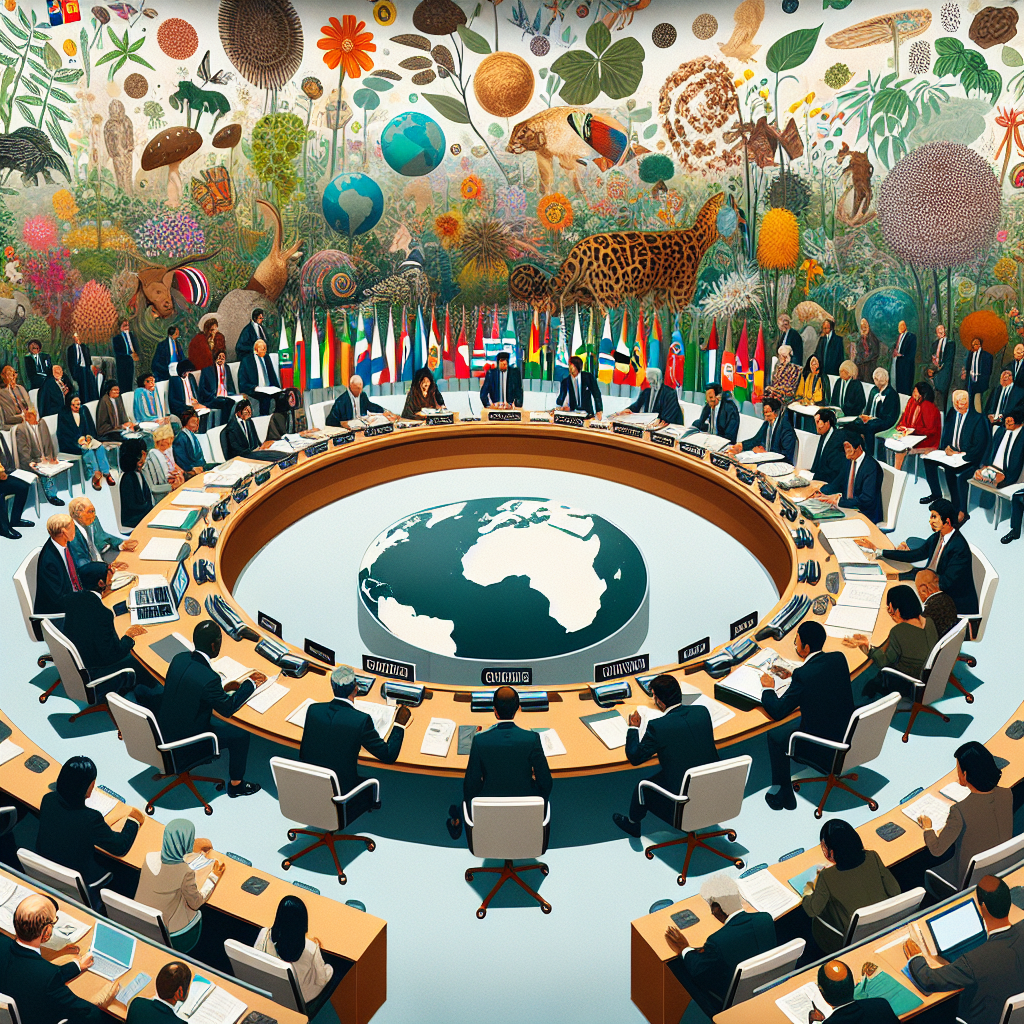India Aligns Biodiversity Strategy with Global Goals
India has revised its National Biodiversity Strategy and Action Plan to align with the Kunming-Montreal Global Biodiversity Framework. The updated plan aims to protect ecosystems, involve indigenous communities in decision-making, and will be unveiled at the UN Biodiversity Conference in Cali, Colombia.

- Country:
- India
India has revised its National Biodiversity Strategy and Action Plan to align with the Kunming-Montreal Global Biodiversity Framework, officials announced on Monday.
The updated strategy will be unveiled at COP16, the biannual UN Biodiversity Conference, slated for October 21 to November 1 in Cali, Colombia.
The Convention on Biological Diversity, established in 1992, mandates nations to formulate a National Biodiversity Strategy and Action Plan, an essential tool for preserving biodiversity at a national level.
In line with this, India has adjusted its plan to meet new targets set under the Kunming-Montreal framework, adopted during COP15 in Montreal.
A prominent aim of the framework is to secure at least 30% of the world's land and ocean territories by 2030. It also focuses on rehabilitating damaged ecosystems to continue providing vital services like clean water and air.
Another goal is to lessen pollution from plastics and chemicals deleterious to wildlife, while ensuring that local communities, particularly indigenous peoples, have a voice in decision-making and reap benefits from sustainable resource use.
Officials emphasized that the 30% protection target is a shared global goal, not an individual national one.
They noted that developed countries should assume a larger share of the responsibility for these conservation efforts, given their historical contributions to biodiversity loss and climate change.
(With inputs from agencies.)
ALSO READ
Madhav Gadgil: Championing the Western Ghats' Conservation
FAO and IFAD Launch $282M Global Food Systems Transformation Program at UNCCD COP16
U.S. Pledges $41.1 Million to Global Soil and Crop Resilience Initiative at UN COP16
UAE Champions Global Efforts to Combat Desertification and Boost Sustainability at COP16
Join the International Big Cat Alliance: A Call for Compassion and Conservation










